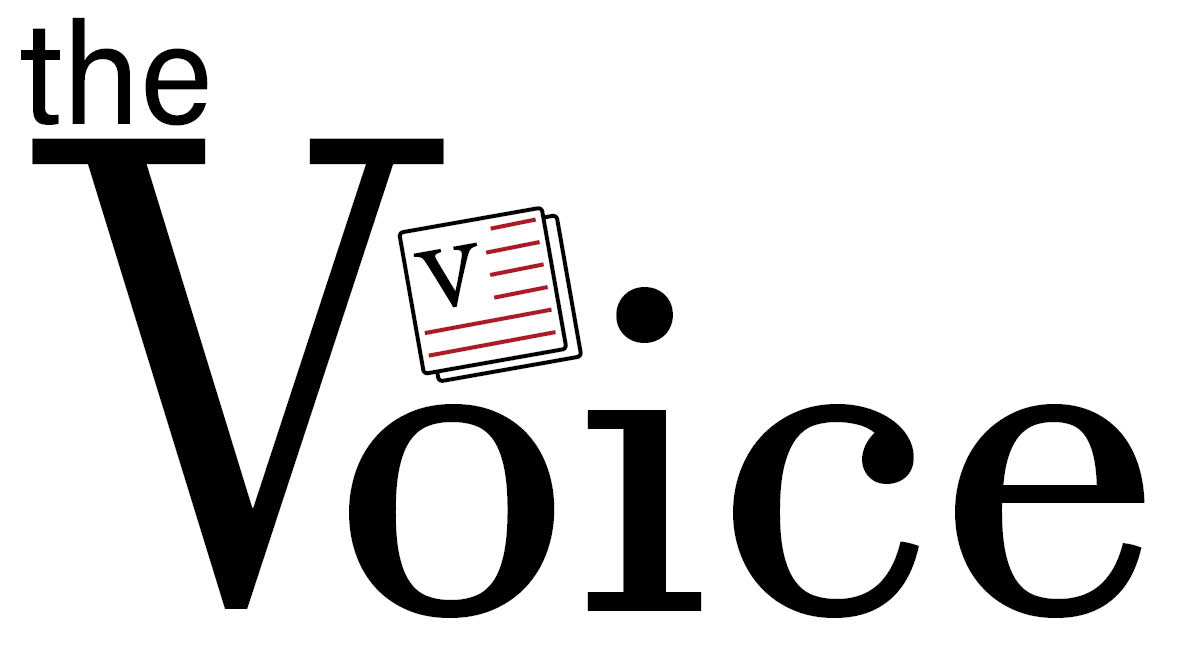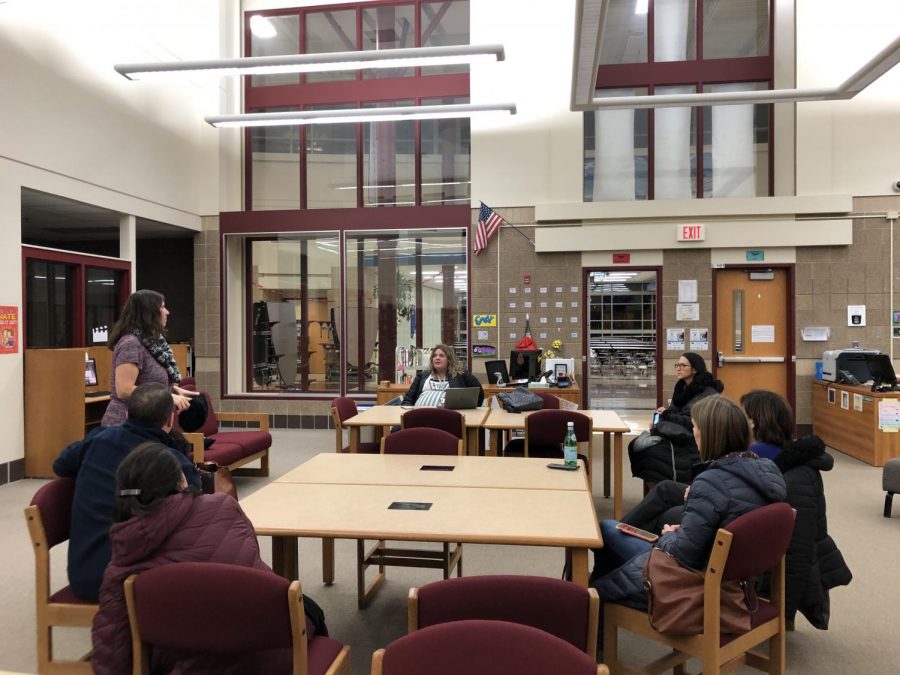The fall COGC meeting discusses the future of District 158 children and more
December 6, 2019
On the night of Dec. 2, the Director of Curriculum, Dr. Amy MacCrindle, sat in the front of the dimly lit library of Heineman Middle School with her gray laptop in front of her.
Other than the skidding of basketball shoes on the cafeteria floor and the buzzing of lights hung above a circle of seven parents, the room was absolutely silent.
MacCrindle started the first meeting of the Community Organization for Gifted Children (COGC) with an introduction. Generally, the meetings are parent-run and include discussions on information regarding gifted and other programs throughout the district.
It is an opportunity for parents mainly of children in third to fifth grade to connect, ask questions, and find answers from an actual district representative.
MacCrindle covered matters concerning PSATs for eighth-graders, high school academies, Vanguard courses, and the transition from elementary school to middle school.
Her speech was followed by a discussion among the parents in which they shared their personal experiences with their own children.
One parent mentioned her daughter’s rough transition from seventh grade to eighth grade. She was separated from her friends since she was in another pod in gifted courses, causing her to face a lot of internal struggle. However, within two weeks, she loved her pod and her teachers, and she made new friends while reconnecting with old ones.
“This is a real-life thing. Sometimes, things don’t happen your way. You are not going to get what you want and you can’t freak out,” the mother said. “You just have to move through it and she did. She is having a great year. It was tough at the time, but that’s life.”
MacCrindle then proceeded to discuss the implementation of a social and emotional curriculum within the elementary schools after hearing concern for the mental state of students in the district.
By using a framework program from a company called the Collaborative for Academic, Social, and Emotional Learning (CASEL), District 158 schools aim to build self-awareness, self-management, responsible decision making, relationship skills, and social awareness.
Along with the CASEL program, teachers strengthen the social skills of their students by allowing them to interact with special needs students in most of their classes, including in the new PLTW and STEM classes in the elementary schools.
One parent expressed her child’s behavioral improvement from her involvement with the special needs students in her PLTW class.
“[In the class,] they learn from each other and she [her daughter] even got an award for empathy because she was embracing these kids and playing with them,” the parent said.
From sharing inspiring stories about children to forming connections to district members and parents, the COGC meetings are an excellent opportunity for parents to interact with others and learn more about their children and their future.




